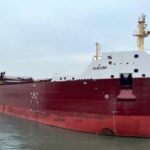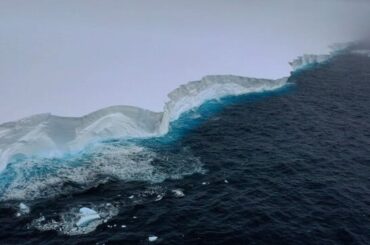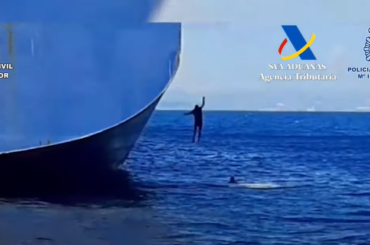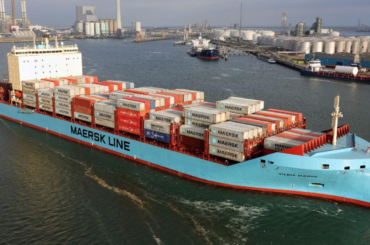In the North Sea, close off the coast of Germany, a Maersk megaship has run aground.
The M/V Mumbai Maersk has grounded near Bremerhaven, according to the Danish shipping giant, and efforts to refloat the vessel are underway.
There is no pollution and no indication of a hull breach, according to the crew.
Bremerhaven’s port entry, one of Europe’s largest, is unaffected.
At the next high tide around midnight, a flotilla of tugs will attempt to refloat the vessel. The ship’s first effort to be refloated failed.
The MV Mumbai Maersk was built in 2018 and is one of the world’s largest ships, measuring 399 meters in length and carrying 19,630 TEUs. The ship was built in Denmark and is registered there.
Maersk’s statement on the incident is below:
“We can confirm that on 2 February at around 23:00 CET, Mumbai Maersk was grounded outside Bremerhaven, Germany. All crew are safe, there is no pollution and no sign of hull breach. The vessel is on ground on a shallow patch and as such the entrance to the port is not obstructed and port operations is running as normal. Sailing from Asia, the vessel had its last stop in the port of Rotterdam before grounding outside of Bremerhaven. The vessel was on its way to discharge and consequently the cargo meant for Bremerhaven is still onboard, along with cargo destined for the Scandinavian countries.
A first attempt to free the vessel has been performed unsuccessfully. Extra tugs are being deployed and a new attempt is expected at the coming high tide around midnight on 3 February.”
The incident occurred near the German island of Wangerooge, which is part of the Frisian Islands archipelago (also known as the Wadden Islands), causing concern among locals and bringing back memories of the MSC Zoe, which sank in bad weather not far from the spot in January 2019.
Containers and rubbish came ashore, causing an environmental calamity for the island group, which relies largely on tourism. The incident caused Dutch officials to issue a warning about the dangers of huge, wide-beam containerships using shallow southern trade channels near the islands, particularly during bad weather.






